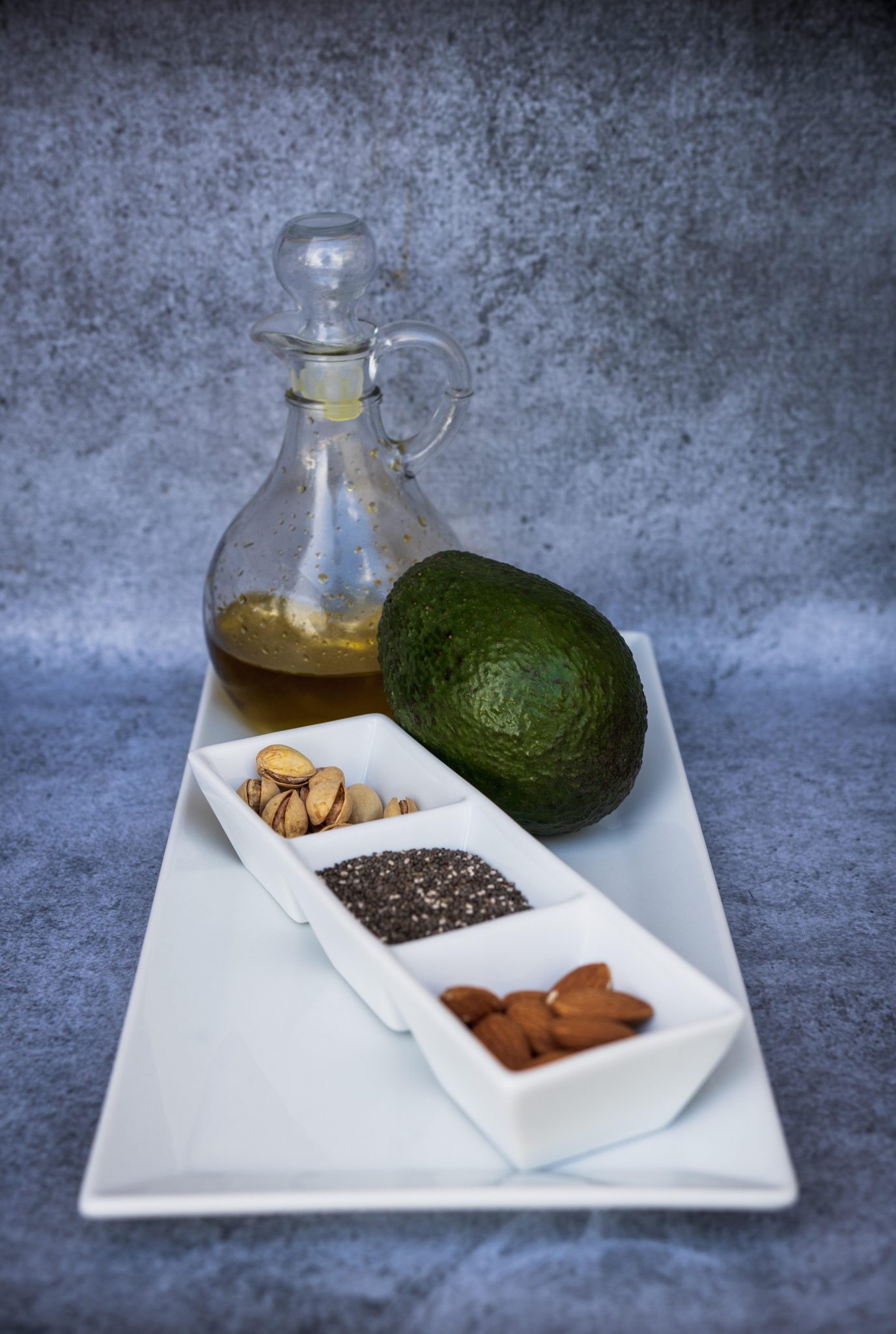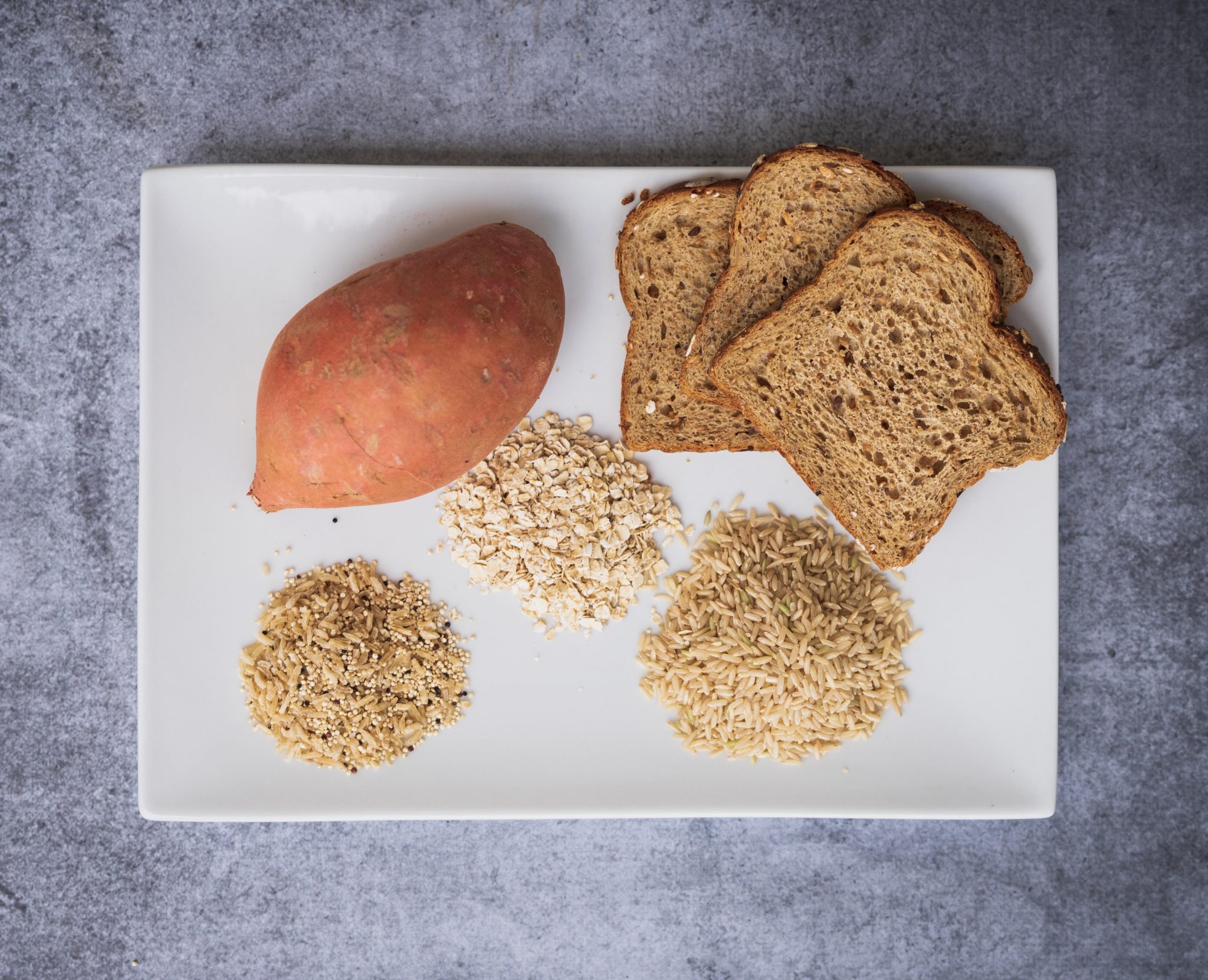Your heart is a muscular organ that pumps blood to your body and keeps you alive, so it’s important to take good care of it. While in size, it’s rather small and about the size of your fist, it’s big enough to beat roughly 100,000 times and pump over 2,000 gallons of blood through your body daily. It’s kind of a big deal. So, when we don’t take care of our heart health, we’re at a higher risk for heart disease. Heart disease can mean any blockage or damage to your blood vessels or arteries that could lead to a heart attack. According to the CDC, 1 in 4 deaths are related to heart disease.[i] Heart disease continues to be the number one killer for both men and women, but the majority of deaths are men.
Check out these risks for developing heart disease:
- Sedentary lifestyle – this means most of your day is spent sitting or with no movement.
- High levels of LDL or “bad” cholesterol and/or low levels of HDL “good” cholesterol – cholesterol builds up in your blood vessels which can increase your blood pressure as well as your chance for a heart attack.
- Smoking – those who smoke are 2x as likely to have a heart attack as those who do not.[ii] Those who also are in the same household as a smoker are at increased risk because of the second-hand smoke.
- Uncontrolled stress/anger – more research is needed for scientists to know the main relation between high stress and heart disease.[iii] However, many people who are chronically stressed may use alcohol or smoking to cope with it, which can cause blood vessel damage.
- Excess weight – being overweight puts you at greater risk for heart disease, diabetes, and certain cancers.[iv] While everyone carries extra pounds in different areas, the higher amount of visceral fat around your stomach region is an indicator for higher risk for chronic diseases. For men, your waist circumference target should be 37 inches or less.
The good news is that heart disease is preventable through integrating healthy heart habits. If you are new to making habit changes, it could be helpful to focus on one or two areas to improve first before trying to change everything at once.
Get your heart health on track:
1. Get in at least 150 minutes of moderate or 75 minutes of vigorous activity a week. This could also be a combination of time of the two. If you currently are not exercising, start with an activity that you enjoy in shorter increments such as walking for 10 minutes each day, and each week add on time. Grab a friend or family member to join your exercise journey to keep you accountable!
2. Include heart healthy monounsaturated and polyunsaturated fats. These fats are helpful in keeping your good HDL levels of cholesterol high, and your bad LDL levels low. Examples would be:
- Nuts like almonds, cashew, pistachio, peanuts
- Seeds like sunflower, pumpkin, chia
- Avocado
- Fatty fish like salmon, mackerel, anchovies, sardines
- Plant-based oils like olive and canola, but not coconut
3. Increase vegetable intake to 3 or more servings a day. Focus on different colors of vegetables (red, orange, yellow, green, purple, white, brown). Vegetables are rich in antioxidants and fiber, and low in calories. Not only is this good for heart health, but also for weight loss. If you do not like vegetables, try adding them to foods you already eat such as inside an omelet, as taco toppings, or mixed in with rice and chicken for a complete meal.
4. Increase fruit intake to 3 servings a day. Like vegetables, fruits can also provide fiber and potassium, both which your heart will thank you for. When possible, it’s best to select whole fruit, but 100% fruit juice can also count as a serving (4 oz.).What’s more, the polyphenols (a.k.a. powerful plant compounds) found in some fruits, like Concord grapes can help support a healthy heart by contributing to healthy blood vessel elasticity and circulation.[v][vi][vii][viii][ix][x][xi][xii][xiii]
5. Include whole grains/complex carbohydrates that contain fiber. Oatmeal, brown rice, quinoa, barley, millet, whole grain bread, and sweet potato are just a few.
6. Consider your proteins. Choosing lean proteins such as beans, lentils, egg whites, grilled fish, chicken, and low-fat dairy are great for keeping weight in a healthy range and reducing the amount of saturated fat you take in.
7. Reduce added sugar intake. Cutting back on sugar-sweetened beverages like soda or sports drinks, and eating fewer empty calories from desserts or baked goods can help improve heart health as well as help keep you at a healthy weight. When choosing beverages, look at the label for terms like “100% fruit juice” or “no sugar added.” Welch’s 100% Grape Juice is a great option because it’s made with whole Concord grapes (skin, seeds and pulp) and absolutely zero added sugar.





